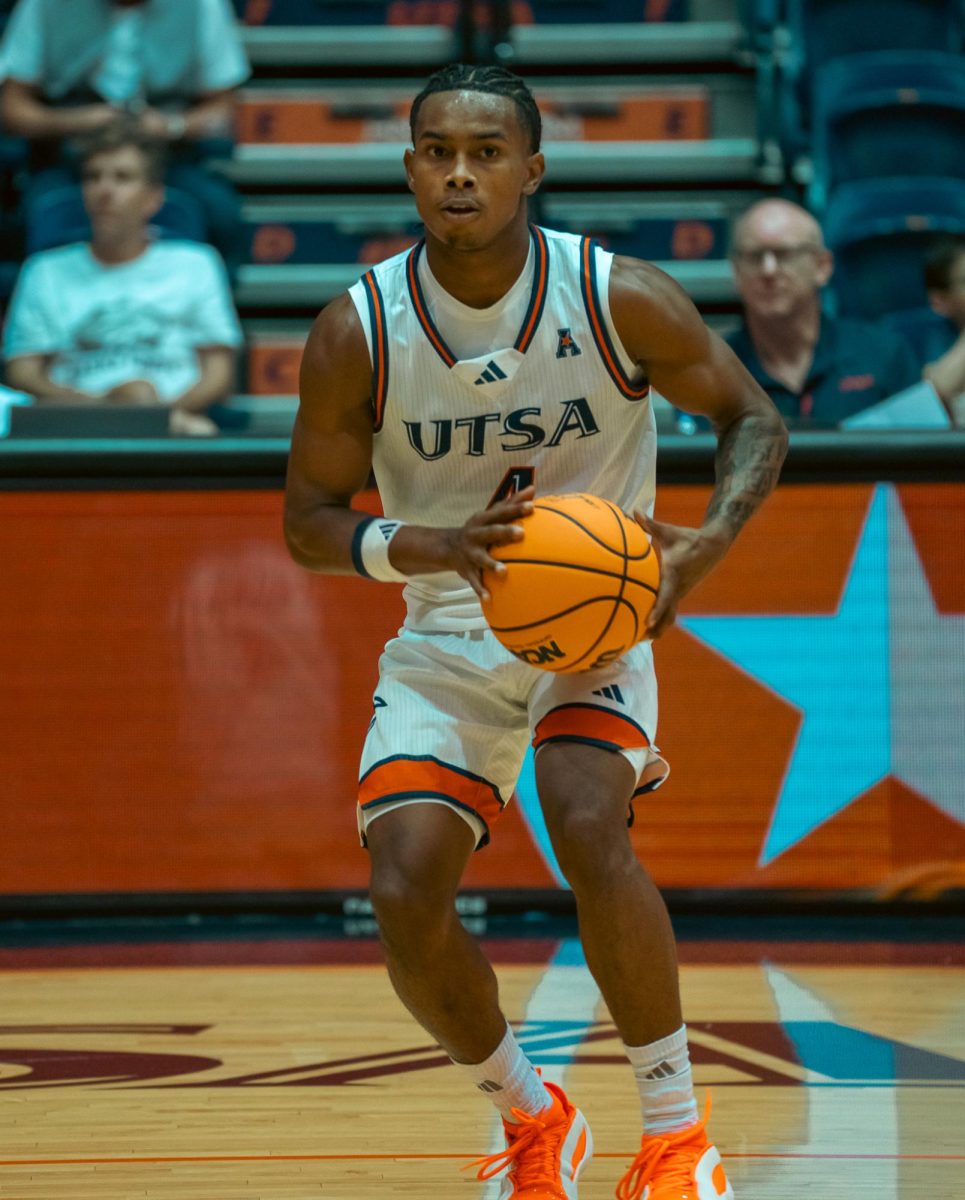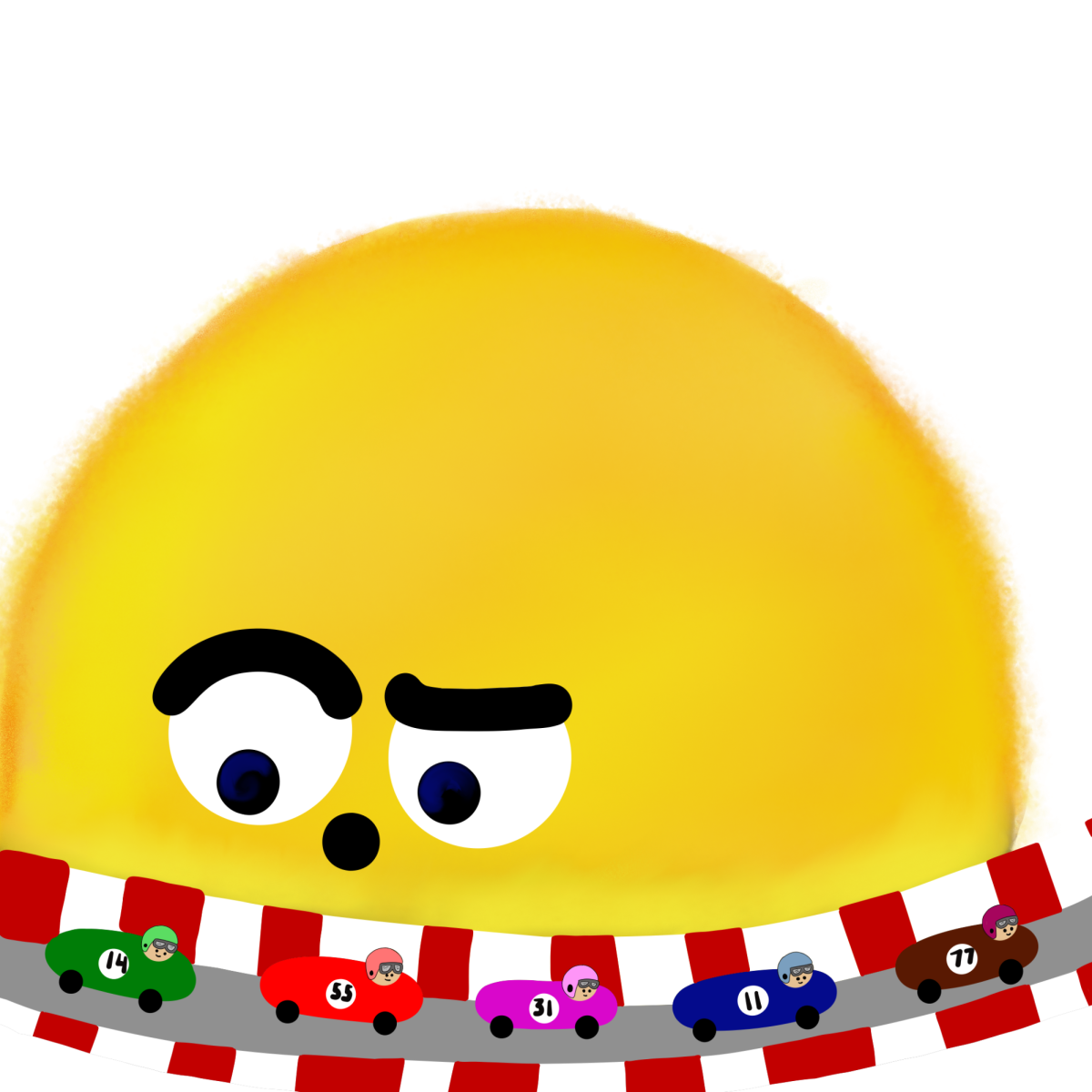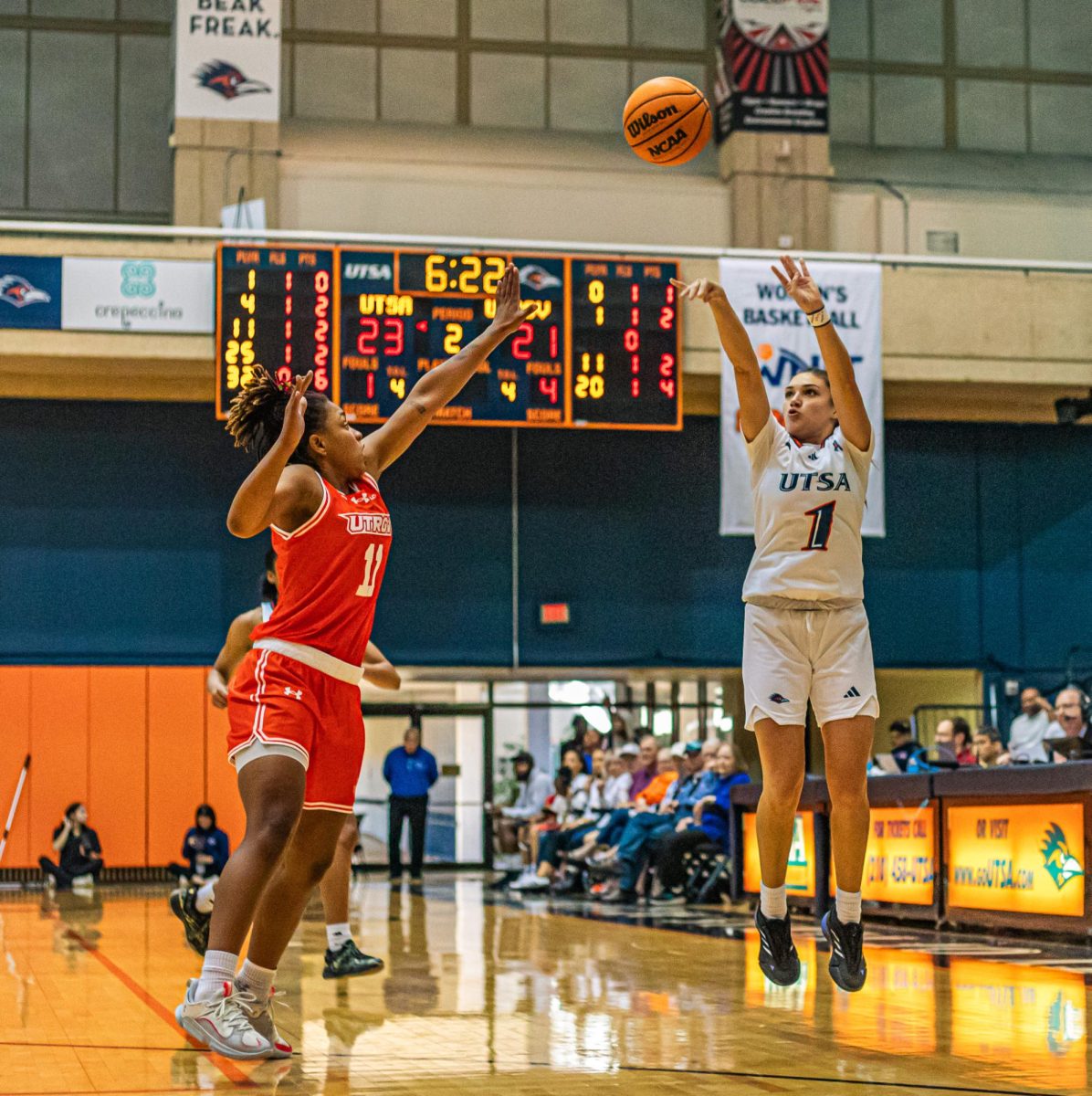Drug use among athletes is a widely debated issue, but there are distinctions between the use of performance-enhancing drugs and recreational substances. As such, there should be a difference in the way these issues are approached by professional sports leagues and the dialogue in which fans engage.
It has been the consensus of the athletic community that the use of substances like anabolic steroids, human growth hormone and amphetamines degrade the integrity of competition by creating unnatural advantages for those who use them. As a result, all of America’s major sports leagues enacted anti-performance-enhancing drug policies that involve suspensions and the withholding of salary.
The use of performance-enhancing drugs is a multifaceted issue and a direct result of the high level of competition between teammates. Because a player can lose a roster spot due to a teammate’s unnatural competitive advantage, this is an important issue for players’ unions to maneuver before they even begin negotiating with leagues.
But the use of recreational substances is a different animal; substance abuse is a complex problem with roots that are not easily identifiable.
The MLB, NBA and NFL still punish recreational drug use in the same way they sanction use of performance-enhancing drugs. Every league could benefit from following the NHL’s lead in focusing on treating, rather than punishing, substance abuse.
When its collective bargaining agreement was negotiated in 2013, the NHL implemented policies in which players are tested for performance-enhancing drugs at least twice per season without notice.
Players are also tested for recreational drugs like marijuana and cocaine, but they face no risk of suspension for testing positive. The league only monitors use of these substances to track trends and recommend treatment if an individual tests at what the league doctors consider “dangerously high” levels.
The NHL, like all leagues, has a substance abuse and behavioral health program. But unlike in other leagues, NHL players can continue to play during their treatment and forfeit no salary. Only when players are convicted of drug-related crimes do they face mandatory treatment or suspension.
According to NHL Deputy Commissioner and Chief Legal Officer Bill Daly, doctors—not league officials—are in charge of deciding when players have completed the program and how frequently these players are tested. Daly stated that teams might not even be aware of their players’ involvement in the program.
Compare this to the MLB’s treatment of Josh Hamilton when he admitted to the league that he had a setback in his recovery after he used cocaine in February 2015—while he was a participant in the MLB’s treatment program.
An independent arbitrator ruled that Hamilton did not deserve suspension, but the league’s official statement was in disagreement with the ruling. If MLB Commissioner Rob Manfred had his way, Hamilton would have been disciplined and forfeited salary.
Or consider Ricky Williams, who could have been a successful NFL running back had he not been driven out of the league multiple times for testing positive for marijuana.
Williams claims he was tested over 500 times during his 11-year career, and he only ever tested positive for marijuana. To this day, he insists that marijuana helps him treat his debilitating social anxiety and depression.
Some fans feel that professional athletes miss too many games due to failed drug tests. The solution is not to double down on the current rules and enforce them more strictly.
The solution is to educate the players and the public about the issue, assist players in getting the treatment they need, and in the meantime, stay out of players’ personal habits as long as they are not hurting others.






